Why Cat Won't Poop in Litter Box? 🕵️♀️

Why Cat Won’t Poop in Their Litter Box? ![]()
Cats are known for their cleanliness and their natural inclination to use a litter box. But what happens when your feline friend suddenly decides to boycott the litter box when it comes to doing their business? This can be a frustrating and confusing issue for many cat owners.
In this article, we’ll delve into the reasons why your cat might be avoiding the litter box and provide some solutions to help rectify the problem.
The Problem: A Cat That Won’t Poop in the Litter Box 😿
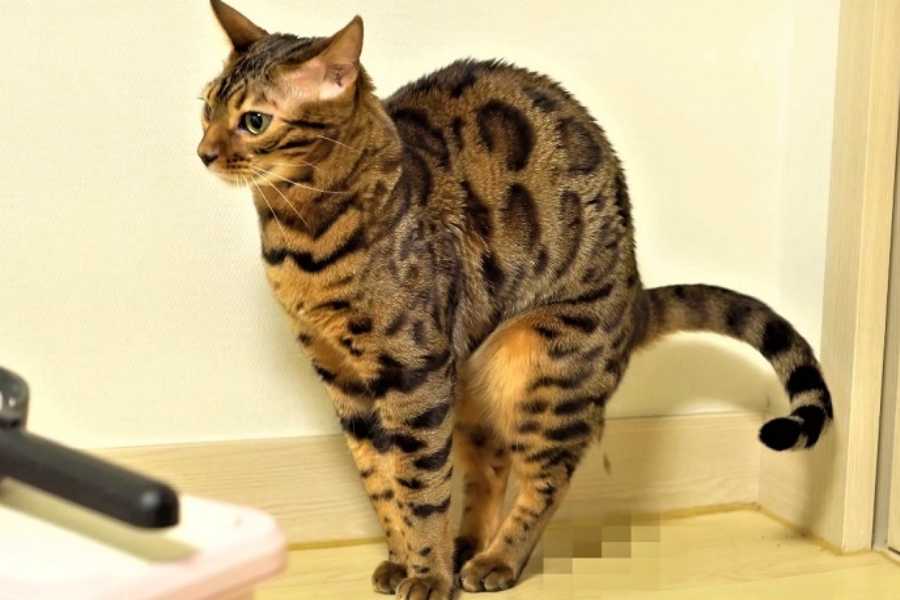
Let’s take a look at a specific case. Gillian, a cat owner, has three cats: Binx, Lily, and Peanut Butter. Binx, the youngest of the three, has decided that she no longer wants to poop or defecate in the litter boxes.
Despite having four litter boxes for her three cats, Binx prefers to do her business elsewhere, usually on the carpeting near the litter boxes. Gillian has tried various solutions and even taken Binx to the vet, but the problem persists. ![]()
The Investigation: Looking for Clues 🔍
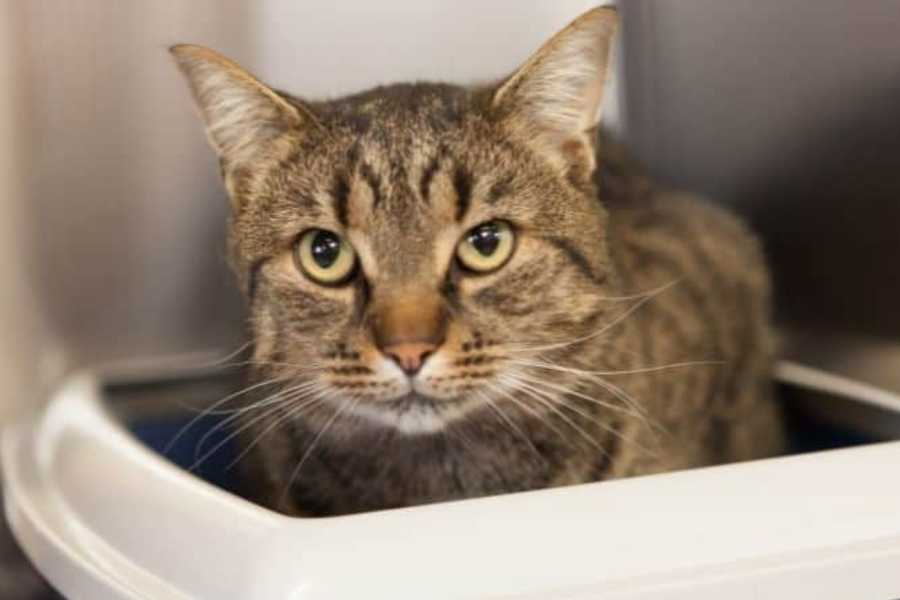
When a cat suddenly stops using the litter box, it’s essential to look for changes in their environment or health that might be causing this behavior. In Binx’s case, she used to use the litter box without any issues, which suggests that something has changed to make her uncomfortable.
One crucial clue is that Binx is pooping right outside the litter box. This indicates that she knows where she’s supposed to go but is avoiding the box itself. This could be due to a physical discomfort associated with the box or the act of defecating. ![]()
Possible Culprits: What Could Be Causing the Issue? 🐾
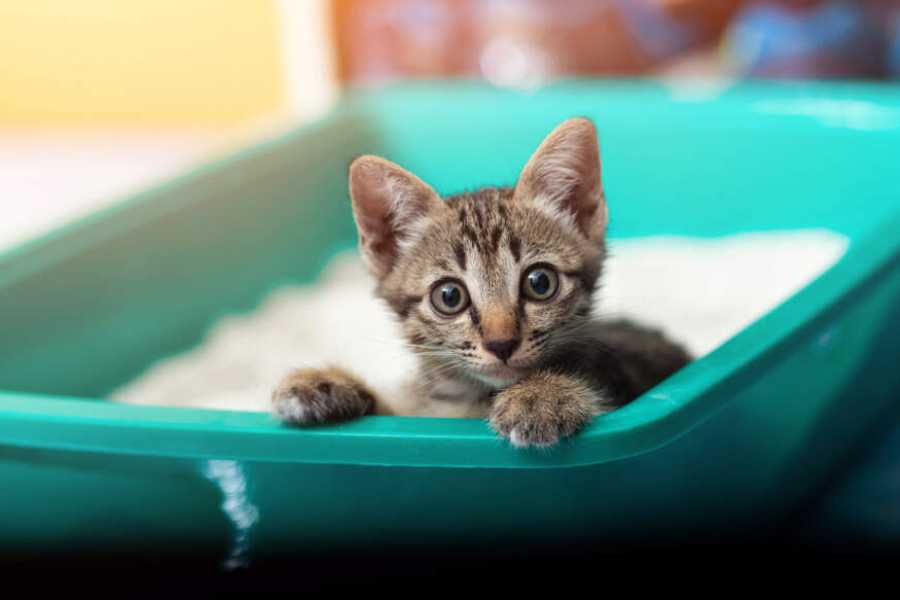
There are several potential culprits when a cat stops using the litter box. Here are a few possibilities:
Litter Mat: Some cats don’t like the feel of litter mats. They can act as a deterrent, causing the cat to avoid the box. If you’ve recently added a mat, try removing it from one of the boxes to see if that makes a difference.
Food: Changes in diet can affect a cat’s bowel movements. If Binx’s poop is too hard or too soft, it could be uncomfortable for her to defecate in the box. If you’ve recently changed her diet, consider switching back or trying a new food. Adding more wet food to her diet could also help, as it provides more hydration.
Health Issues: If Binx is experiencing discomfort when she poops, she might associate that discomfort with the litter box and avoid it. This could be due to a range of health issues, from constipation to parasites. If you haven’t already, take a fecal sample to the vet for analysis.
The Solution: Steps to Take 🐈
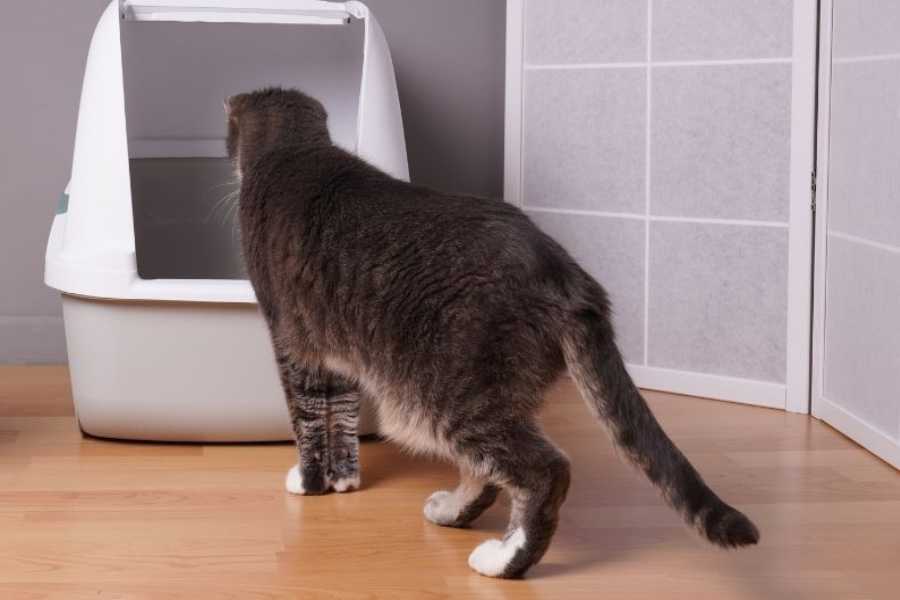
If your cat is avoiding the litter box, here are some steps you can take:
Visit the Vet: If you haven’t already, take your cat to the vet to rule out any health issues. Make sure to bring a fecal sample for analysis.
Experiment with Food: Try changing your cat’s diet to see if that makes a difference. If your cat eats a lot of dry food, try incorporating more wet food to increase their hydration.
Remove Litter Mats: If you have litter mats, try removing them from one of the boxes to see if your cat prefers it.
Monitor Poop Quality: Check the consistency of your cat’s poop. If it’s too hard or too soft, it could be causing discomfort.
Try Supplements: If your cat’s poop is too hard, consider adding a supplement like slippery elm to their diet. This can help soften their stool and make defecation more comfortable.
Preventing Future Issues: Keeping Your Cat Happy and Healthy 😺
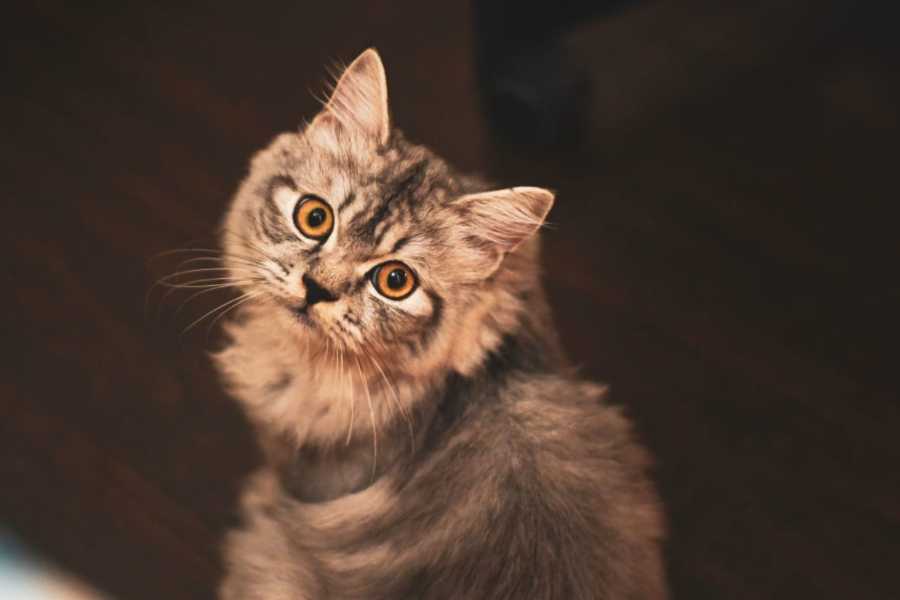
Preventing litter box issues involves understanding your cat’s needs and making sure they’re comfortable. Here are some tips to keep in mind:
Maintain Consistency: Cats don’t like change, especially when it comes to their litter box. Try to keep the litter box in the same place and avoid changing the type of litter too frequently.
Provide Enough Litter Boxes: The general rule of thumb is to have one more litter box than you have cats. So, if you have three cats, you should have four litter boxes.
Keep the Litter Box Clean: Cats are clean animals and may avoid a dirty litter box. Make sure to scoop the litter box daily and change the litter regularly.
Monitor Your Cat’s Health: Regular vet checkups can help catch any health issues early before they become a problem.
Remember, your cat isn’t avoiding the litter box to spite you. They’re trying to tell you something isn’t right. By paying attention to their behavior and making necessary adjustments, you can help ensure they’re comfortable and happy. ![]()
Conclusion: Understanding Your Cat’s Needs 🐱

Understanding why your cat won’t poop in the litter box can be a complex issue, but with a little detective work, you can usually find the cause. Whether it’s a change in their environment, a health issue, or discomfort with their litter box, there are steps you can take to help your cat feel more comfortable.
Remember, when in doubt, always consult with a vet.
For more information on cat behavior and health, check out our other articles on why cats have watery eyes and what to do when your cat is in heat. At pawsadviser.com, we’re dedicated to providing you with the most accurate and helpful information to keep your feline friends happy and healthy. ![]()
Tags
Share
Table Of Contents
Related Posts
Quick Links

